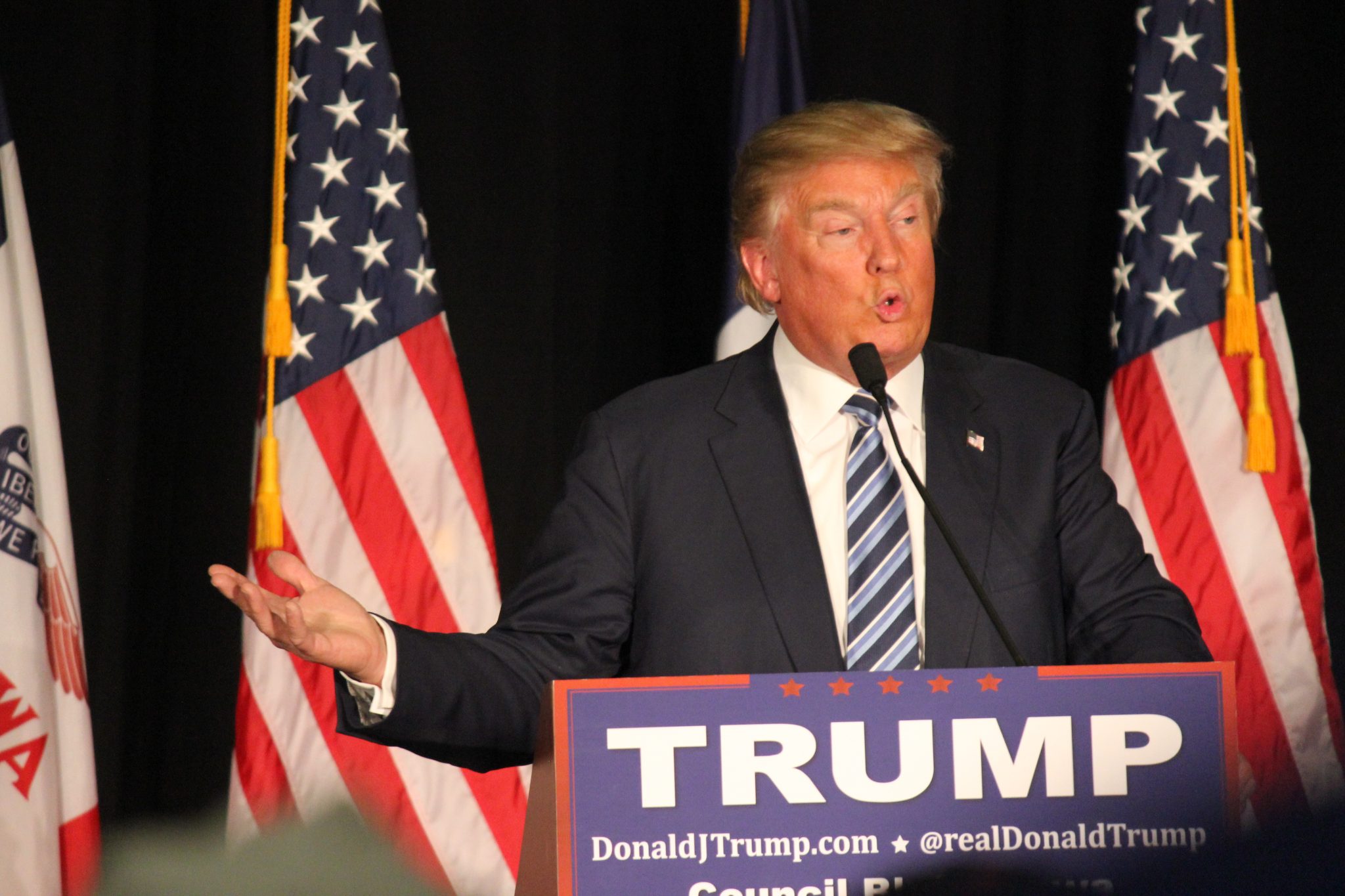The concerns around Trump’s UN address


The events that occurred between Sept. 19 and Sept. 22 will be looked upon by future generations as the origin of a diplomatic crisis that ignited full-scale warfare.
On September 19th, President Trump gave a 41 minute speech to the United Nations that had an oddly composed character to it, which is strange for him.
The overarching theme of the first half was a call for the nations of the world to unite and re-apply themselves to countering global problems that threaten all of us.
The President used this to segue into a tangent on his foreign policy. Trump, in the second half of his speech, directly threatened both the North Korean and the Iranian regimes, regimes which in his words are, “engaging in de-stabilizing activities.”
Both nations have been the focus of nuclear-related discussion over the last few years, particularly their blatant or alleged efforts to develop nuclear weapons. Iran has, as yet, only been accused of this and no evidence has emerged to prove that they are guilty.
However, the North Korean regime has been quite public about their attempts at creating a nuke capable of wiping their enemies away.
The President then fully narrowed his rhetoric in the latter half of the speech.
If this were to occur – and the likelihood of it increases by the day as North Korean oil reserves are depleted – NATO would find itself charging at an enemy that has had the luxury of preparing six decades for this war to end.
The North Korean regime was deliberately threatened and the President used the greatest platform of all, the United Nations floor, to denounce “Rocket Man” and assert that he was “on a suicide mission for him, and his people.” He then asserted that, should Kim Jong-un not cease his militaristic pursuits, there would be no choice but to “completely destroy North Korea.”
This statement will be quoted years from now after the inevitable conflict has passed over us and the dust has settled. This rhetoric on it’s own is not the flashpoint, however.
On September 22, the Chinese government imposed sanctions on oil and textile trade with North Korea. The amount of exported oil to North Korea has dropped by 75 per cent, from 8 million barrels per year to 2 million. Eight million barrels a year is already pitiful when compared to many Western countries – Canada consumed 1.8 million barrels of oil a day in 2016 – and limiting that to a quarter will undoubtedly hurt North Korea.
If North Korea wants to continue with its militaristic endeavours, there is only one option left: war.
In the years leading up to the attack on Pearl Harbour, the United States placed increasingly large restrictions and sanctions on Japan; a key commodity that was affected was oil. That black liquid is what makes the world go ‘round.
The Japanese were then backed into a corner. Either abandon their wars and return home with hurt pride, or strike as soon as possible at their enemy to maximize their dwindling resources. Japan chose the latter and the rest is taught in grade 10 history class.
North Korea is now on notice. If the rhetoric is to be believed from both Kim Jong-un and President Trump, neither would balk at the idea of a war to finally settle this 64 year long truce –the Korean War is technically still ongoing.
If this were to occur – and the likelihood of it increases by the day as North Korean oil reserves are depleted – NATO would find itself charging at an enemy that has had the luxury of preparing six decades for this war to end.
That includes Canada too, by the way, since we were one of the original participants in the Korean War and if hostilities erupted, we would be internationally obliged to join the fray.


